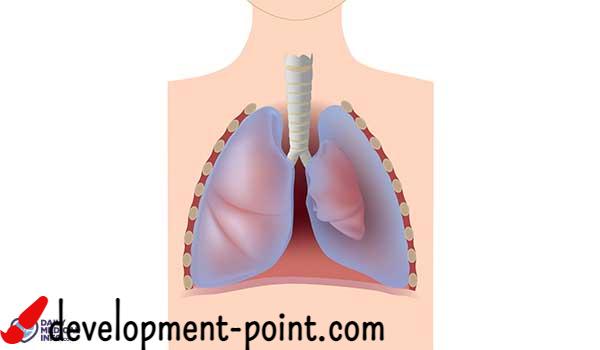At what week of pregnancy does the head of the fetus descend into the pelvis?
There are many signs that indicate the imminent birth date, including the descent of the fetal head into the pelvis. Find out in this article the answer to your question. At what week of pregnancy does the head of the fetus descend into the pelvis? and accompanying symptoms.
At what week of pregnancy does the head of the fetus descend into the pelvis?
The descent of the fetus is a sign that the fetus is about to be born. Before descending, the fetus may rotate so that the back of its head is towards the front of the abdomen and the head is facing down, then the fetus descends into the pelvis.
The date of the descent of the head of the fetus to the bottom of the pelvis in the mother differs from one woman to another, so there is no specific day or week to expect the descent of the fetus, but for some women the descent of the fetus may occur at the start of childbirth or a few hours before, and for other women it may happen two weeks before to 3 weeks from the expected date of delivery.
The descent of the fetuses may occur at a date closer to childbirth in a woman who has given birth to children before, because her body has undergone childbirth before, so the pelvis may need less time to adapt to the birth process, so if you feel the fetus descending in the pelvic area, you should see a doctor Even the earliest date of birth can be determined.
What are the symptoms of the descent of the fetus in the pelvis?
As we mentioned, it is difficult to know in which week of pregnancy the fetus’s head descends into the pelvic area, as the fetus’s descent is gradual and often the mother does not feel the descent itself, but there are some signs that indicate that the fetus has already reached the pelvic area, and among these signs are the following :
Easy breathing
As the fetus moves down, it leaves more room for the lungs to move, so you may notice that you can breathe more freely.
pressure on the pelvis
As the fetus descends to the pelvic floor, its head rests more on the cervix, putting more pressure on the lower part of the birth canal.
The need to urinate frequently
Often. The pressure of the baby’s head in the pelvis can affect your bladder, making you feel as if you need to urinate more often.
The ability to eat more food
While your baby is at the top of the womb, you may suffer from heartburn, but when your baby descends to the bottom of the pelvis, there will be more room for you to eat more, but be careful not to gain more weight before giving birth.
Digestion improved
Although it is not known in which week of pregnancy the head of the fetus descends into the pelvis, when the head of the fetus descends into the pelvis, you will feel a great improvement in digestion, and your feeling of heartburn may disappear or be greatly reduced.
pelvic pain
This happens because of the pressure that the fetus puts on many of the ligaments and muscles in the pelvic area, so it is best to avoid standing for long periods.
Increased vaginal secretions
The pressure of the fetus on the cervix may cause more mucus to be released from the vagina, and this may sometimes occur in the form of repeated bouts of vaginal secretions.
Abdominal protrusion downward
It is often very easy to tell if the fetus has descended into the pelvis as you can notice the wider space between your breasts and abdomen than in the previous period of pregnancy.
Feeling of contractions
In this period, you can feel more Braxton Hicks contractions due to the pressure of the fetal head on the cervix, and these contractions are very different from labor contractions.
How do you make your child go down to the tub?
If the fetus did not come down until you reach the 36th week of pregnancy or at least 3 weeks before the due date, you can do some squats, swimming or brisk walking to help your baby move down.
After you know the answer to your question At what week of pregnancy does the head of the fetus descend into the pelvis? You must continue to follow up with your doctor throughout the pregnancy so that you can know the position of the fetus, wishing you a healthy pregnancy and an easy delivery.

